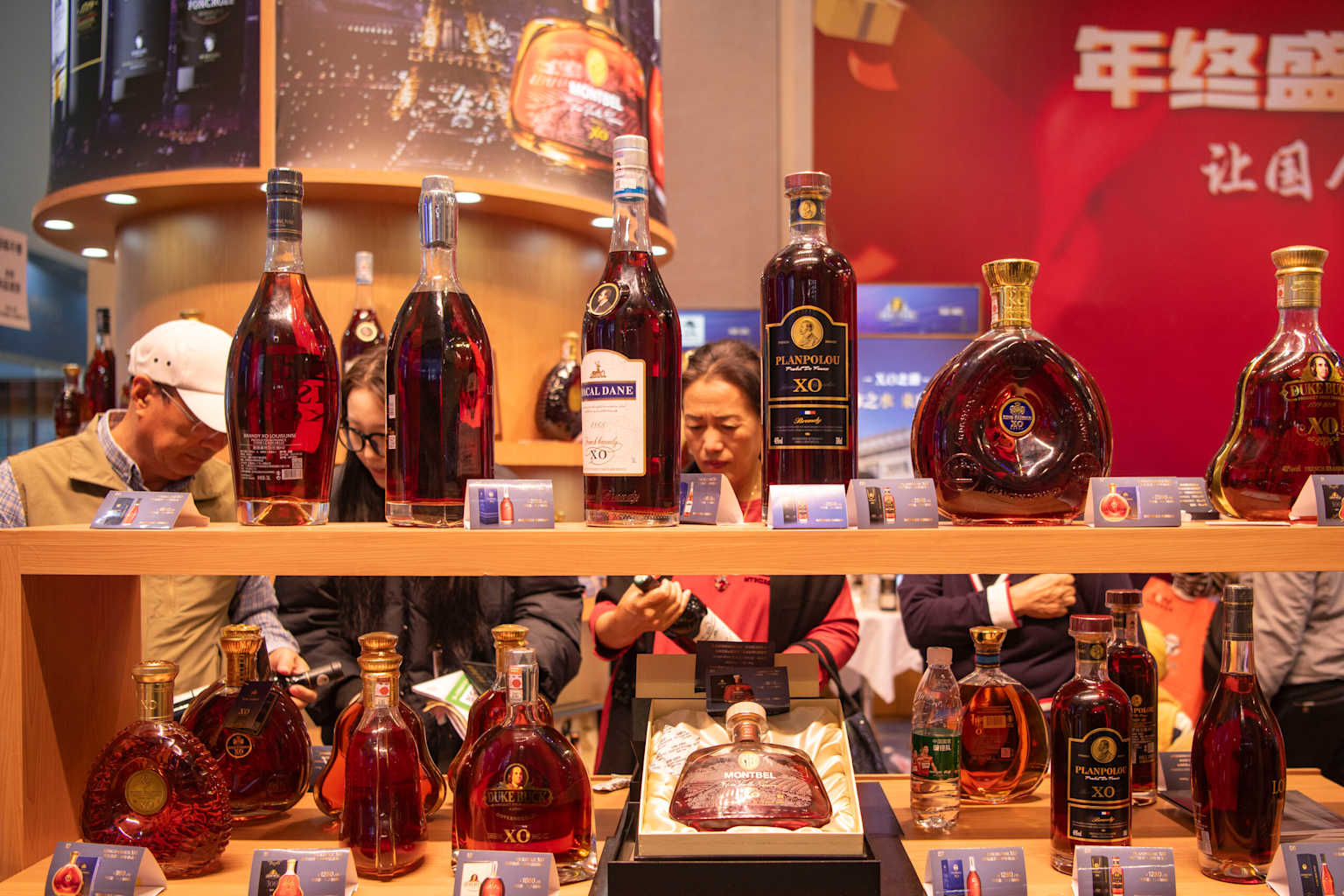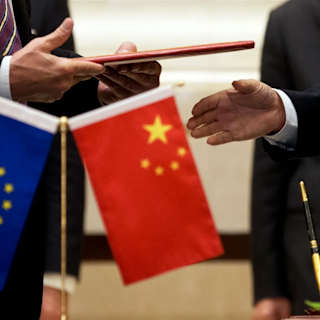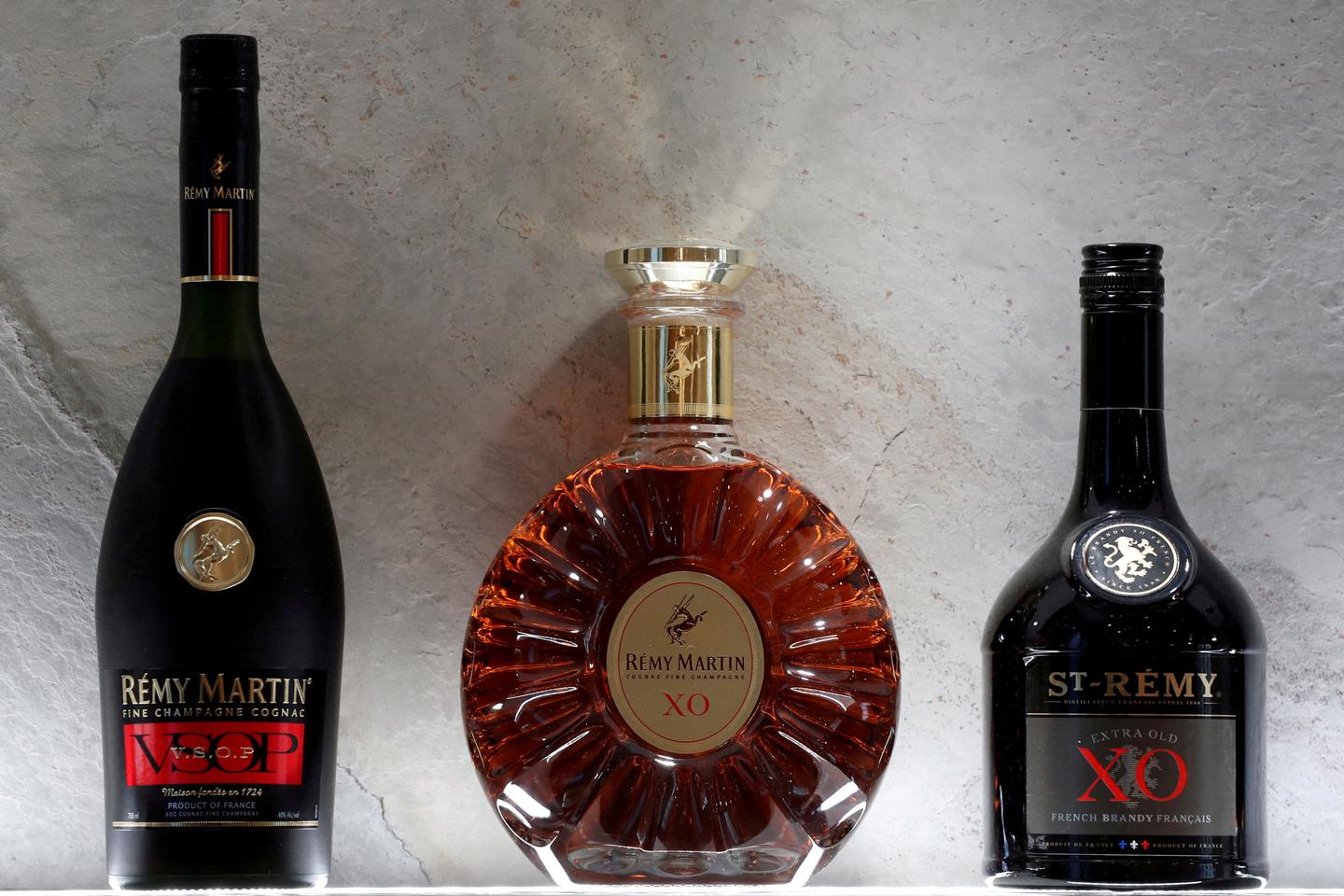- Tariff Details and Corporate Exemptions
- Market Impact and Trade War Context
- Investigation Timeline and Broader Tensions
China's Commerce Ministry implemented anti-dumping duties of up to 34.9% on European Union brandy imports starting Saturday, escalating a trade dispute that has already cut French cognac exports to the world's most valuable spirits market by 70%.
The five-year tariffs mark the latest volley in an escalating commercial conflict between Beijing and Brussels, though some major producers secured exemptions through minimum price commitments that could shield them from the duties.

The duties target brandy in containers smaller than 200 liters, with French luxury giant Hennessy facing the maximum 34.9% rate12. However, companies including Pernod Ricard-owned Martell and Remy Cointreau's Remy Martin negotiated price undertakings that will spare them from the higher tariff rates, according to China's Commerce Ministry34.
"Imported brandy that complies with the terms of these undertakings will be exempt from anti-dumping duties," the ministry stated5. Remy Martin faces a 34.3% rate while Martell will be charged 27.7% if they breach their commitments26.
The ministry concluded that "there was dumping of relevant brandy imported from the EU" and that "the domestic relevant brandy industry was threatened with substantial damages"12.
The tariffs formalize measures that have already devastated French cognac exports to China, worth €1.4 billion annually1. Monthly exports have plummeted as much as 70% since the trade dispute began, according to the Bureau National Interprofessionnel du Cognac23.
China launched its brandy investigation in January 2024, months after the EU began probing Chinese electric vehicle subsidies42. The EU subsequently imposed tariffs up to 45% on Chinese-made EVs in October, prompting Beijing's retaliation against European spirits5.
According to Reuters, French cognac makers reached a tentative deal on minimum import prices last week, but China indicated it would only finalize the agreement if progress was made on EU electric vehicle tariffs2.
The China Alcoholic Drinks Association filed the initial petition that triggered the anti-dumping probe on behalf of domestic producers1. The EU has since challenged the measures at the World Trade Organization, arguing China provided "insufficient evidence" for its case2.
The brandy dispute represents one front in broader EU-China trade tensions spanning electric vehicles, solar panels, and other strategic industries3. China accounts for up to 25% of global cognac sales, making it a particularly sensitive target for French luxury producers3.





